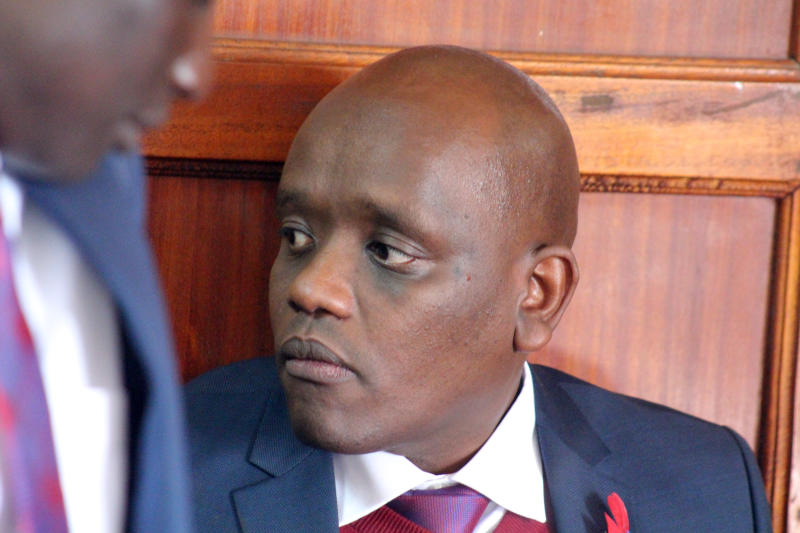
In late 2013, a local newspaper ran an article that made a withering attack on Kenya’s civil society where the author, writing under a pseudonym, claimed that Kenyan civil society was engaging in “lawfare,” which he defined as the use of law to achieve regime change.
Investigations showed that the author of the article was a Permanent Secretary, and that he had conspired with an insider within the newspaper establishment, to dodge internal controls that would have moderated his opinion, or required him to disclose his name, given the strong views contained in the article.